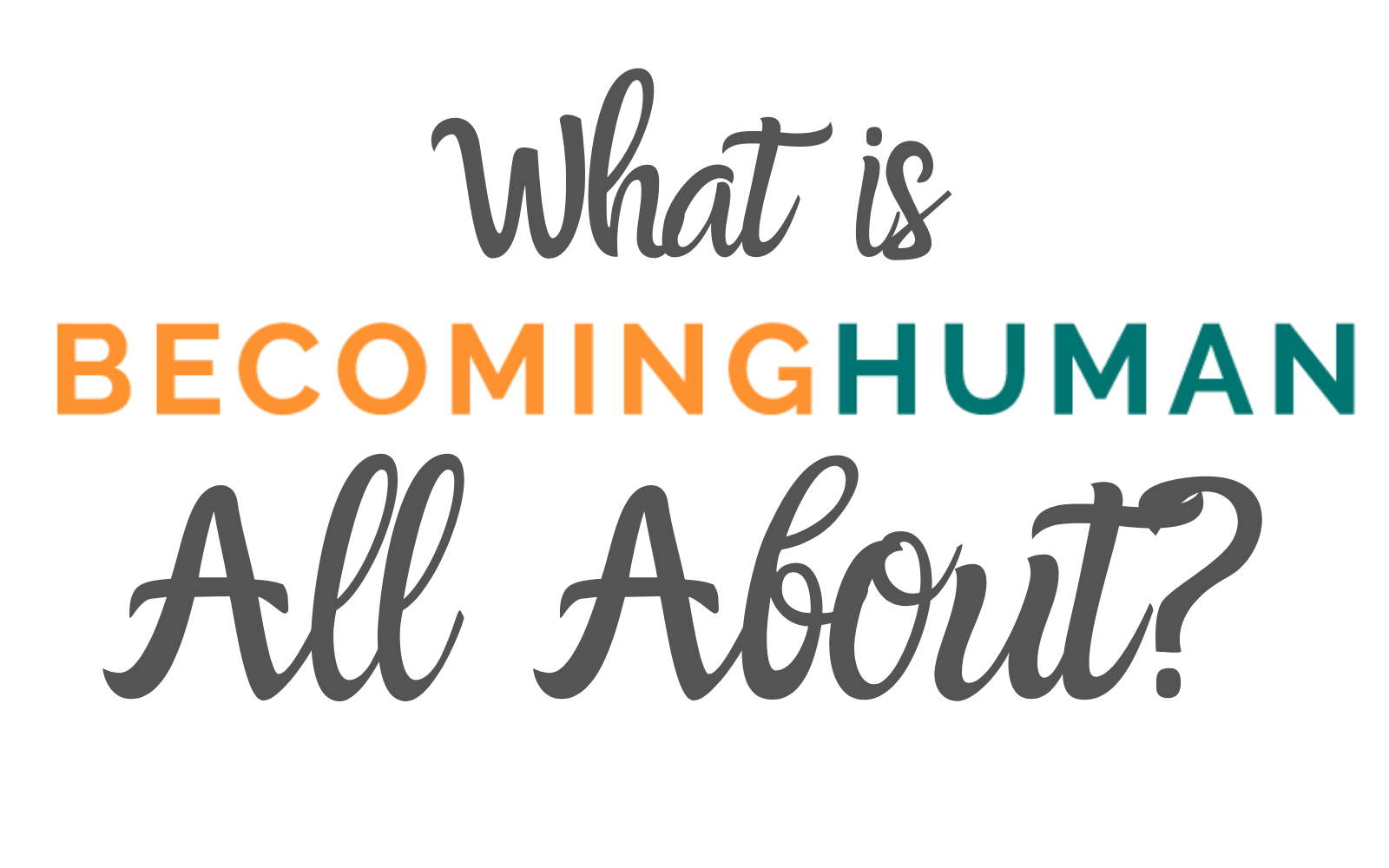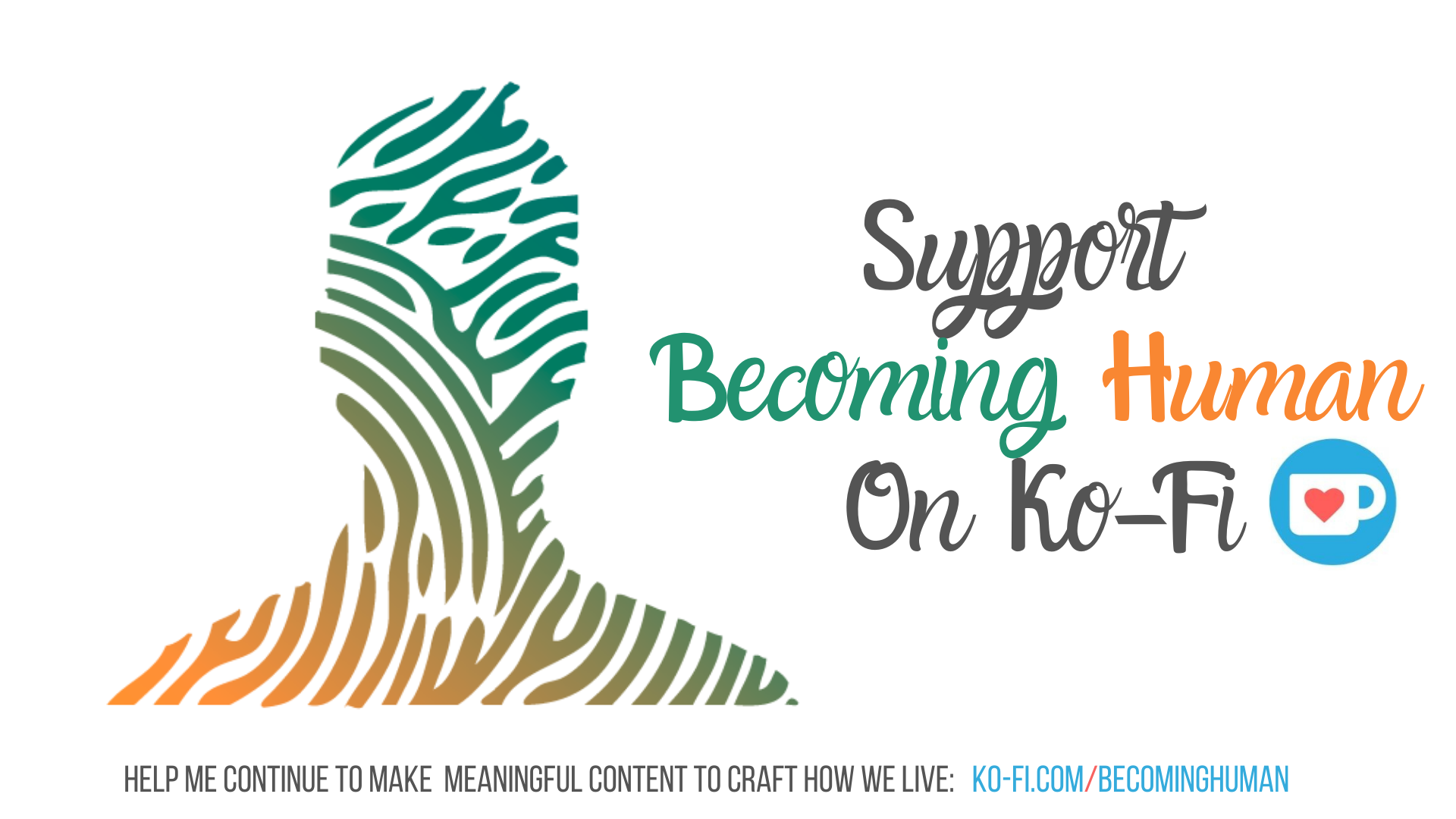Verbal rhetoric such as public speaking is useful but has limitations. This communication is great for goals and inspiration but does not produce behavioral changes. This is the myth of transformative information.
Transformative communication requires more than speaking. Why do we prefer verbal rhetoric, what culture is produced as a result, and what else should we try to do?
Observations on the sociological landscape of parenting, what makes us feel guilty as parents, and why we have kids in the first place.
Parenting observations on what makes us think we are bad parents and why we should be okay with being good enough.
Rural places are declining. Why are rural communities desolate, backward, and useless? What should the urban-rural relationship look like?
Technology, busyness, and human nature make loneliness natural. Art, belonging, and seeing the benefits of solitude make loneliness more bearable.
What causes loneliness? Is it a natural part of being human? Can we overcome loneliness? Dealing with loneliness offers a constructive approach to being alive.
Do things depreciate over time or gain value over time? The balance between tradition and progress shouldn’t be one-sided. Growth and change should be informed by roots and history.
A concept from Emile Durkheim on why our secular world might be more sociologically religious than we think.
Centered-Set parenting and family system leadership.
Should you have rules for your kids or should you let them do whatever they want? While those two extremes don’t convey all of the available options, what should a parent/child relationship be like? What does that require of parents? And how will that affect kids?
Taking cues from leadership techniques, a modern perspective of raising children involves examining the three overall approaches to parenting, centered versus bounded set philosophy, and intrinsic motivation.
Belonging and the four ingredients of community — from Emile Durkheim’s study of suicide.
The macabre reality of time and what we ought to do with it.
The future will be enacted in the present by people who morbidly understand but also effectively use the gift of memory.
On creating habits and what’s in the way.
Memory is complicated, transformative information is a myth, and we naturally resist change
Memory requires information to be encoded and changing norms requires overcoming entrenched habits. These two barriers can be mastered with an intentional process that moves our ideas from our heads to our hands.
Our culture is one of transience. What does it mean to belong somewhere? What does it mean to have a place? Similar to marriage, here's how I've found belonging.
Two unsatisfactory approaches to society are (1) blind acceptance of how things are and (2) overt verdicts on society’s moral status as a whole.
Neither pays attention to the process of how norms came to be nor the variety of outcomes they produce. The better approach is to notice what society creates and what it might be at the expense of.
Dealing with the loss of something that is still there. Sometimes physical death is easier than existential death. The home I grew up in and the family I was born into no longer exists. I'm still learning how to mourn that death.
The phenomenon of proximity. We are mean to the people we love because proximity reveals everything, we expect too much from our partners, we feel safe with the people we love, and antagonism is a means of control.
Lessons on labor and the futile attempt to rewire society’s economics toward good, meaningful work.
You’re relationships just aren’t what they used to be? Of course not. That’s not the problem. How you respond and move forward could be.
Because our sense that a relationship is over is actually just the experience of a relationship evolving.
The functions of society, social facts, and the collective life according to Emile Durkheim.
A practice to increase your ability to learn - empathy allows us to see more of the world than we currently do. Acknowledge your limitations, pay attention, attribution, and accommodation.
If you don’t know everything, you ought to give this conflict resolution technique a try. Meet in the woods, pull out a piece of paper, learn everything you can about the woods from the other, and leave with a fuller map of reality than when you started.
A Two-Week Immersion With Central America & Dismal Lessons Learned — I can’t save the world. What, then, should I do? Globalism, economics, politics, imperialism, colonization; in experiencing the discrepancy of core and periphery societies, what ought we do with one of world history's biggest problems?
It’s about more than being right — it’s about survival.
The philosophy of desire, intellectual value systems, and resisting change.
An open letter to high school graduates. Fortunately, your story is just getting started.
The Latest Podcast Episodes:
The featured. The best. The most impactful.
If you can't read it all, you should at least check out these - the most read posts.



















![Three Reasons We're Lonely - [And Three Responses For Being Less So]](https://images.squarespace-cdn.com/content/v1/5963d280893fc02db1b9a659/1651234022075-7WEKZ2LGDVCR7IM74KE2/Loneliness+3+update+%283%29.png)




































